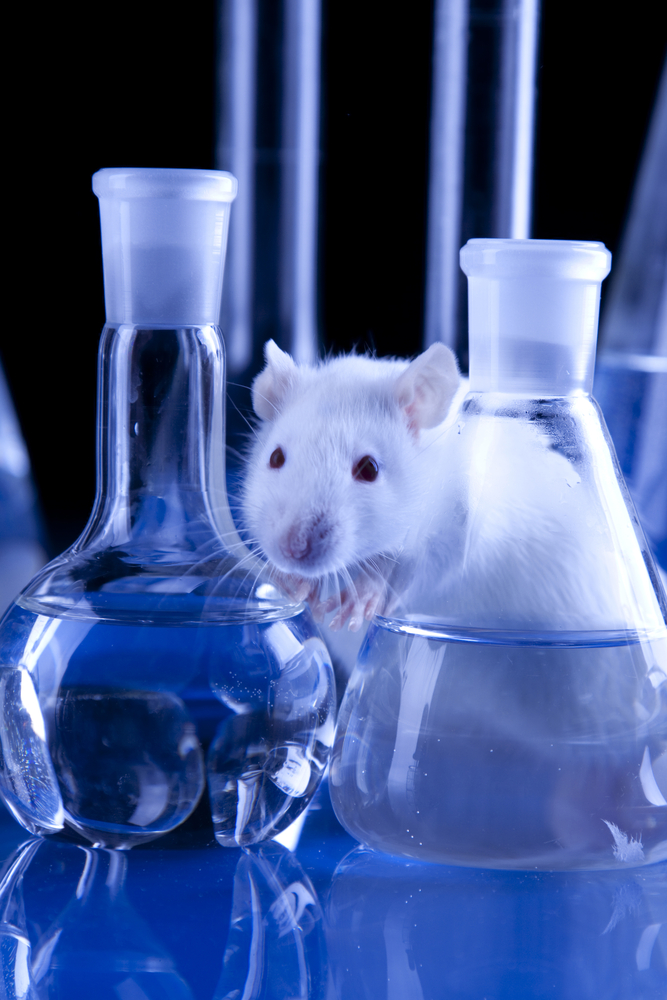Preclinical Studies Support Kadmon’s KD025, a ROCK2 inhibitor, as Potential Therapy for SLE
Written by |

Kadmon announced the publication of data from preclinical studies supporting its oral drug candidate, KD025, a small molecule ROCK2 inhibitor, as a potential treatment for autoimmune diseases such as systemic lupus erythematosus (SLE). The data indicated that KD025 worked to inhibit the rho-associated coiled-coil kinase 2 signaling pathway (ROCK2), reducing the development and function of cells involved in the pro-inflammatory immune response without disrupting normal immune system response.
The study, “ROCK2 signaling is required to induce a subset of T follicular helper cells through opposing effects on STATs in autoimmune settings,” in the journal Science Signaling.
“The ROCK2 signaling pathway plays an instrumental role in controlling Tfh cells, which are key drivers of dysregulated antibody production in autoimmune disease settings,” Alexandra Zanin-Zhorov, PhD, vice president and head of Immunology at Kadmon and a corresponding study author, said in a press release.
T follicular helper cells (Tfh), a subgroup of T-cells that helps B-cells produce antibodies, are crucial players in an efficient immune response.
Researchers analyzed T-cells in healthy and SLE patients, observing that inhibiting ROCK2 using KD025 reduced the amount of Th17-type Tfh cells, a subgroup of immune cells that is increased in autoimmune diseases, with no effect on Th1-type Tfh cells, preserving normal humoral immune function. Using a mouse model of SLE, the team also found that KD025 treatment reduced Tfh generation in their spleens and ameliorated SLE disease severity without interfering with other immune cells.
“ROCK2 inhibition selectively targets auto-aggressive immune responses while preserving normal immune function, representing a new paradigm of therapy for certain autoimmune diseases,” said Harlan W. Waksal, MD, president and CEO at Kadmon. “The published data provide further support for our clinical programs studying selective ROCK2 inhibition with KD025 for the treatment of multiple autoimmune diseases, including SLE.”
A Phase 2 clinical trial assessing KD025 in people with idiopathic pulmonary fibrosis (IPF) is underway, and a similar trial in SLE patients is in the planing stages, the company announced.





